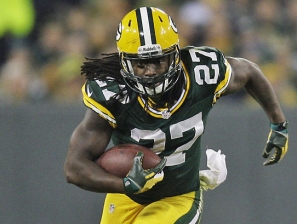Fantasy Sports Legality
When it comes to Fantasy Sports legality, even the US Court System, all the way to the Supreme Court, is no match for its growing popularity. Major sports leagues like MLB, the NFL and the NBA all took their fight to the courts.
The leagues wanted to keep their statistics out of the hands of Fantasy Sports Facilitators. They all lost badly as their statistics, once posted on the Internet, were deemed to be a part of the public domain, whether fantasy sports fans use them for sports betting or not.
Fantasy Sports Monumental Moment
The most relevant and ground breaking moment in Fantasy Sports history came in the Humphrey v. Viacom (2007) US court case. In that ruling Fantasy Sports was deemed to be a non-gambling entity. Online Fantasy Sports was viewed as a game of skill by the courts. It was then ruled exempt from the rules and regulations set out in the Unlawful Internet Gambling Enforcement Act.
The Decision Makes Fantasy Sports The Winner
The decision read in part; “as a matter of law, the entry fees for … fantasy sports leagues are not ‘bets’ or ‘wagers’ because (1) the entry fees are paid unconditionally; (2) the prizes offered to fantasy sports contestants are for amounts certain and are guaranteed to be awarded; and (3) defendants do not compete for the prizes.”
The crutch of the decision is that Fantasy Sports are a game of skill rather than a game of chance and therefore it’s not a form gambling. This decision opened the flood gates and has led to the prominence that Fantasy Sports enjoys today.

 SHARE
SHARE TWITTER
TWITTER RSS FEED
RSS FEED